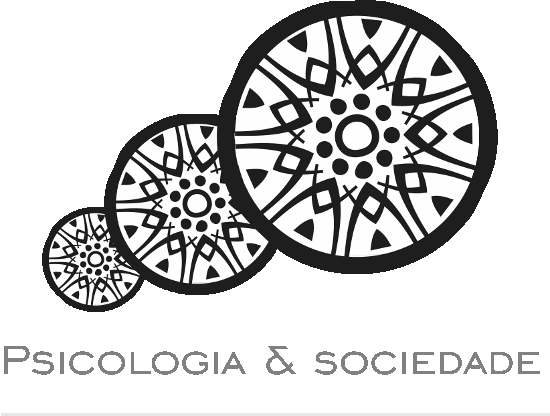The present work is set in a scenario of "contemporary social apartheid" which represents the society of global control where, despite the growth of precarious work conditions, the subjectivities of formal work are more and more preached as being the true nature of man. From this perspective, the "human citizen" is one that fast and readily relates him or herself to the capitalistic logic. In this context, the meaning of public policies made and implemented by that State is considered. For that purpose, a brief history of the myth of the Democratic Rule of Law in Brazil is presented with an emphasis starting on those considered the new social movements that emerge in the second half of 1970's and throughout the whole following decade. Employing the perspective of Foucault, opposing to the traditional postulates of the Left, power is thought of as the relation of immanent forces materialized as diverse and scattered practices and techniques acting on the whole social field, over dominant and dominated equally. From this point, one moves towards the affirmation of publicizing practices not necessarily linked to the State; of rights constituted in the concrete experience of men, their struggle, rather than of Ideal Man, of idealized rights. At last, one moves towards rethinking the relation between the State and its public policies.
capitalistic subjectivities; capitalist State; public policies
